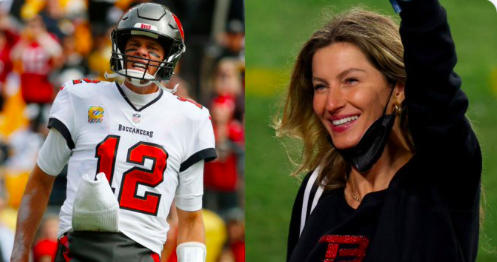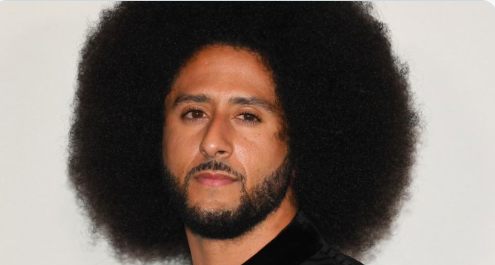The streaming service is releasing a series featuring four super hero girls from Africa.
The developing relationship between Netflix, Black girl magic and the creativity of burgeoning female film producers and writers strikes again.
Netflix is known for its deep well of films offering diverse cultural content that mainstream, white-washed Hollywood lacks. While white faces still control the medium, the unpredented success of Black Panther as well as Black film producers at the Oscars , has created a thirst for diversified content in the film industry.
Netflix has been a leading provider of films that go against the grain of outdated movie making. The booming company continues to add to its growing slate of African content with its first original animated series, “Mama K’s Team 4,” produced by South Africa’s award-winning Triggerfish Animation Studios and British kids’ and family entertainment production company CAKE.
Exciting animation news!
Netflix is launching its first ever original African animated series titled "MAMA K." 🙌🏾
The series, set in Zambia, will also feature an entire female-led cast AND a local female writing team! pic.twitter.com/6e0EbI65wE
— Strong Black Lead (@strongblacklead) April 16, 2019
The groundbreaking series was created by Zambian writer Malenga Mulendema, who in 2015 was one of eight winners of the Triggerfish Story Lab, a pan-African talent search backed by the Cape Town-based animation studio and The Walt Disney Co. The series is designed by the Cameroonian artist Malcolm Wope.
According to Variety, “The series follows four teenage girls super-girls living in a futuristic version of Lusaka, Zambia, who are recruited by a retired secret agent to save the world.”
The all-black cast and all female writing team is another example of the Black girl creative magic that has bum rushed the film industry and that Netflix has supported.
Netflix has already signed a nine-figure deal with Shonda Rhimes (Scandal, Grey’s Anatomy). Last year, we reported about how Black-ish creator Kenya Barris was also in talks with Netflix on a mega-deal to create content.
"ABC Studios let Rhimes out of her deal in order to sign with Netflix as she had a year remaining with the company. If Barris were to follow suit, ABC Studios would have lost its top comedy and drama producers."https://t.co/HRQT1OEoSn via @thr
— Karen Attiah (@KarenAttiah) April 4, 2018
When ABC put the kibosh on a Black-ish episode surrounding the Colin Kaepernick‘s NFL protests, it created a riff in what was a prosperous and groundbreaking relationship between the major TV network, the show and the African-American storyteller, who is considered one of the best film and TV comedy writers in the game.
Barris already has business with Netflix for a feature film reboot of the classic Shaft, with New Line producing the script written by Barris and starring Samuel L. Jackson. Barris is also attached to rewrite a script for a sequel to Eddie Murphy’s Coming to America. Both of those projects follow the breakout success of Girls Trip, which has grossed more than $140 million worldwide on a budget of $19 million.
The freedom to have content created by minorities and portraying people of color accurately and more diversly is Netflix’s big draw. The streamign service isn’t afraid of the African-American community and has an understanding of its monetary potential.
In the past decade, Triggerfish has become a powerhouse in South Africa’s burgeoning animation industry. Its first two animated features, “Adventures in Zambezia” (2012) and “Khumba” (2013), are two of the five top-grossing South African movies of all time.
SA's first animated feature film, Adventures in Zambezia is right here on ShowMax pic.twitter.com/NZsNffgVel
— Showmax South Africa (@ShowmaxOnline) December 18, 2016
Mulendema said she was inspired by the experience of watching cartoons as a child in her native Zambia, where none of the heroes looked like her or lived in a world that resembled her own.
“In creating a superhero show set in Lusaka, I hope to introduce the world to four strong African girls who saves the day in their own fun and crazy way,” she said. “Most importantly, I want to illustrate that anyone from anywhere can be a superhero.”
“In addition to giving African writers a global platform on which to be heard, we are excited to present this powerful and entertaining new animated series that brings Malenga’s incredible and unique vision to life on Netflix,” said Melissa Cobb, vice president of original animation at the streamer. “‘Mama K’s Team 4’ has the potential to give a whole new generation of African children the opportunity to see themselves on screen in the powerful, aspirational characters they look up to.”
The film world is changing for the better and people of color can expect more images, movies and storylines that they can relate too, with faces and themes that forge a cultural familiarity.



